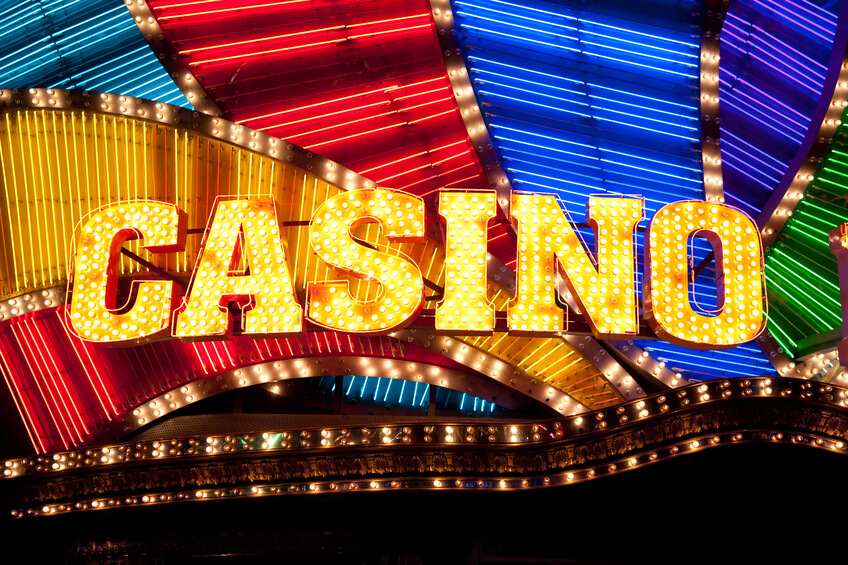
When we think of gambling games, the first images that often cross our minds are those of spinning wheel devices, poker chips clattering on felt surfaces, and dice rolling across a gaming surface. While numerous view these activities as mere pastimes fueled by luck, a deeper exploration reveals a captivating blend of strategy, expertise, and community interaction that raises them well beyond simple luck. Whether you are a seasoned player or a curious newcomer, understanding the nuances of these games can greatly enhance your experience and understanding.
Gambling activities have evolved over hundreds of years, with different cultures contributing to their rich backgrounds and different forms. From the intricate tactics of blackjack to the bluffing methods in card games, players engage in a contest of intellect as much as a risk on numbers. This exciting interplay between chance and skill creates a thrilling atmosphere that draws millions to casinos worldwide. As we explore the world of card activities, we will uncover the methods that can shift the odds in your favor and the community elements that make these games a favored choice for leisure and interaction.
A Approach Behind Table Gaming
Casino gaming frequently combine a mix of ability and luck, which makes them intriguing for players who enjoy a challenge. Each game has their own set of guidelines and strategies that can affect the outcome. For instance, in games like blackjack, participants are obliged to use tactics like counting cards and grasping the odds to make informed decisions. This skill set can significantly improve their victory potential, distinguishing seasoned participants from beginners who may rely solely on luck.
Conversely, games such as the roulette may seem to be entirely based on luck, but tactical thinking can also come into the equation. Players can select between various betting strategies, such as the Martingale strategy, in which they raise the bets after losses. This approach can create a more methodical approach to the activity. Understanding the probabilities of specific bets can also help players make smarter decisions on the table, showcasing that even in games of chance, strategy can enhance the experience.
Additionally, poker is notable as a title that strongly focuses on tactics. yg168 Unlike most casino titles, poker combines skill, psychology, and luck. Players must not only concentrate on the hands they are dealt but also take into account their opponents actions and betting patterns. Mastering principles like table position, the odds of the pot, and reading bluffs is essential for winning. This depth of strategy in the game of poker often leads to a more immersive encounter for players, where the decisions and abilities greatly affect the game’s results.
Understanding Chance and Ratios
In the realm of casino games, probability and ratios hold a crucial role in deciding a gambler’s potential results. Every game has its own collection of guidelines that dictate how the chance of winning or failing is measured. For example, in games like blackjack, players have a opportunity to influence their ratios through tactics, whereas in games like the wheel, the outcomes are entirely governed by chance. Understanding how these probabilities are measured can greatly affect how a player approaches the game.
Odds are typically shown in two formats: fractional and decimal. Fractional ratios show the proportion of the sum won to the sum bet, whereas decimal ratios show the total payout for a winning wager, which includes the initial bet. For example, if a match has odds of 5 to 1, this means that for every one dollar staked, a player could gain five units if they win. Knowing how to understand these ratios enables players to assess their possible earnings and formulate more informed choices during play.
Players should also be aware of the casino advantage, which is the casino’s built-in benefit over the gamblers. Each game has a different advantage, and grasping this concept is crucial for controlling one’s expectations and funds. Games with a lower house edge, such as 21 and baccarat, typically offer better ratios for players compared to games like slots and lottery. By understanding the connection between probability, odds, and the house edge, players can enhance their gambling experience and strategize more efficiently.
The Exciting Aspect of Casino Table Games
Casino games at casinos are often seen as a hub of social interaction, bringing players together in a shared experience that extends far past the mere act of gambling. The atmosphere at a blackjack table can be vibrant, with players engaging not only with the game itself but also with one another. Joy, excitement, and, occasionally, playful teasing create connections that improve the overall enjoyment of the gaming experience. This communal aspect can turn a alone endeavor into a lively gathering, making casino games particularly enticing.
One of the intriguing elements of gaming at tables is the way it fosters camaraderie among players. Whether it’s collaborating to defeat the dealer at a craps table or exchanging tales between hands in a card game, the environment encourages interaction. Players often share tips or tactics, creating a sense of togetherness that boosts the fun. This social dynamic can make new gamblers feel included and less daunted by the competitive nature of gaming. As the game continues, friendships may form, leading to a sense of connection that keeps players coming back to the table.
Moreover, the social aspect of table gaming extends outside just the players. Dealers play a crucial role in encouraging interaction and maintaining the flow of the game. Their ability to engage gamblers with friendly conversation and their expertise in managing the table can create an welcoming atmosphere. This relationship between players and staff adds another layer of enjoyment, where players feel connected not only to each other but also to the staff. Such interactions are often what make the experience memorable, as players leave with tales to tell and connections made, reinforcing the notion that table games are truly about something greater than luck.
